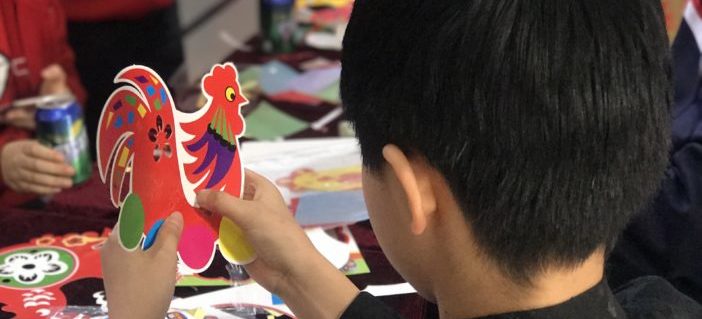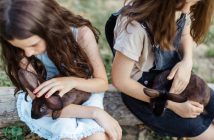Did you know there’s Color of the Year 2017? It’s greenery as declared by Pantone Color Institute, whose forecasters had said in December that the hue was “symbolic of new beginnings.” When I called my parents back home on New Year’s Eve, I was kind of surprised to see my mother sporting a green shirt, or at least the closest color she had to the greenery color. In actuality, she has done the same thing every January 1st — wear the color said to trend and define the year. I started to follow her lead two or three years ago.
2017 is the Year of the (Fire) Rooster, and online soothsayers said those born under this animal year won’t be seeing the greenery pastures Pantone had declared in December. But US President Donald Trump, born in the Year of the (Fire) Dog, not surprisingly will have an interesting but unbalanced 2017.
The Chinese zodiac has specific characteristics for each of its 12 animals. Roosters are said to be loyal and punctual, owing to the nature of roosters as “alarm clocks” of farmers, and observant, communicative, and somewhat ambitious. Monkeys, who took center stage last year, are “wise, intelligent, loyal” even to the point that Geda the Mystical Monkey predicted Trump’s election.
In places where Chinese cultural influences are strong, it will not be surprising to see people lining up to fortune teller stalls to hear predictions of the future. Aside from the Chinese zodiac, there’s feng shui, a system based on the harmony of everyone and the environment. People I spoke to that have less knowledge of these Chinese beliefs find them amusing.
“It’s interesting,” said Ron Drisner, a student counselor from Canada, “[and]let’s just say I’m not gonna go to Vegas and like put any bets based on Chinese horoscope.” He didn’t realize he’s a Rooster until just several days ago. When I asked him if he has those Rooster characteristics, he said he probably hitting 50 percent of those. “Punctuality? I think my alarm clock and my [smart device]notifications take credit for punctuality, not my Chinese zodiac,” Drisner said.
When 11-year-old Jas Arora arrived in China 3 years ago to study, she found the Chinese tag every year with an animal. “It’s so surprising, because in India we don’t have years like that,” she said. I interviewed her at the YCIS Annual Temple Fair, where most expat children and staff were clad in traditional Chinese dresses called qipao. Just the day before the event, Arora’s teacher asked them to wear red to celebrate — and also informed students that Rooster’s won’t be so lucky this year. “It made me surprised and worried because I never knew that whenever it’s your year, it’s not gonna be a good year,” she said. But she was firm to say she doesn’t believe in Chinese zodiac and told me “[We] don’t know what will happen next. [We] don’t know the future.”
It’s true that we don’t know the future, but for my Chinese friends, one loses nothing by taking heed of the Chinese zodiac. Cindy Li told me these traditions have been in place for thousands of years, although she finds them somewhat “intriguing but boring.” She said she believes these cultural beliefs can somehow enlighten and help people interact with others and the environment.
Drisner said predictions shouldn’t make a “Year to Do This,” as there are many other things that would make your year fulfilling. “I guess it’s a belief in relationship [that matters]. Spend time with your family, hang out with other people,” he said, adding that just like unsustainable new years resolutions, forgetting what predictions tell you to do can be disempowering. Arora, on the other hand, said her future relies on her and not on any fortune tellers. “I should study hard to get good grades and I should be nice to everyone so that they’ll be nice to me too,” she said.




